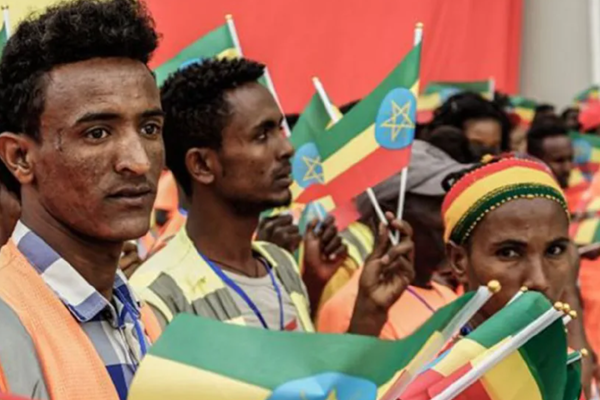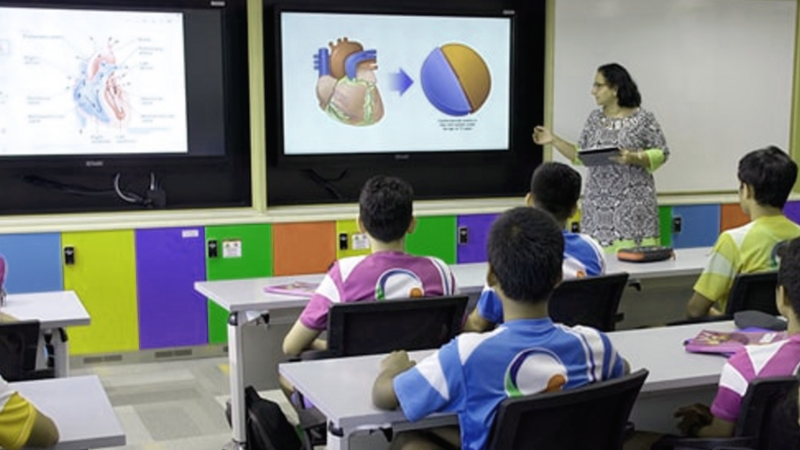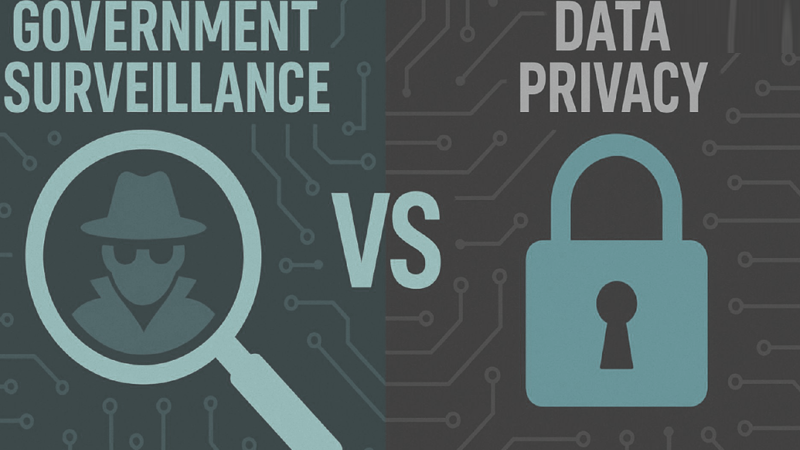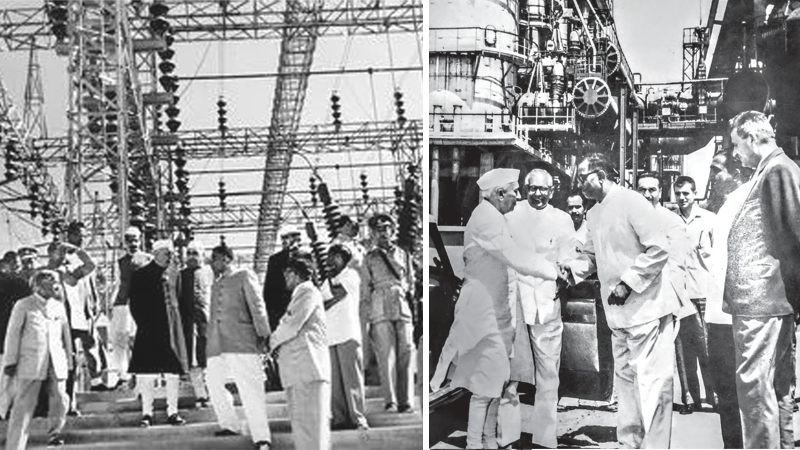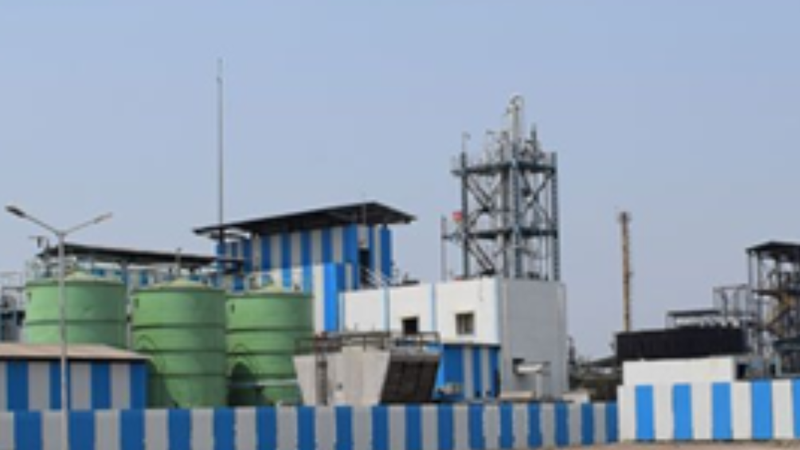Crony Capitalism and the Shrinking Space for Small Enterprise
Editorial
Revising Democracy — The Challenge Behind India’s Voter List Overhaul
The Election Commission’s launch of the second phase of the Special Intensive Revision (SIR) of voter lists across 12 states marks a crucial exercise in strengthening the backbone of Indian democracy — the electoral roll. Covering nearly 51 crore voters, this process is not merely a bureaucratic task but a moral and constitutional duty to ensure that every eligible citizen’s voice is counted, and no voter is disenfranchised.
The inclusion of large and politically sensitive states such as Uttar Pradesh, West Bengal, Madhya Pradesh, and Tamil Nadu underscores the magnitude of this exercise. After the completion of the Bihar phase, the Commission has promised procedural improvements — including better verification systems, clearer voter forms, and mandatory color photographs for enhanced identification. These are welcome steps. Yet, the success of this exercise depends not only on administrative precision but also on transparency, inclusivity, and local awareness.
However, the process also exposes deeper challenges. India’s vast population mobility, urban migration, and documentation gaps often result in missing names, duplication, or wrongful deletions — problems that have plagued previous elections. The Commission’s decision to temporarily freeze all list changes during the SIR period may prevent misuse but could also delay genuine corrections. The exclusion of Assam from this round, due to its ongoing citizenship verification under the Supreme Court’s watch, reflects the complex intersection between electoral reform and identity politics.
The Election Commission must therefore tread carefully — ensuring that voter list accuracy does not come at the cost of accessibility. Digital tools, local verification drives, and social audits must go hand in hand. At a time when faith in institutions is under scrutiny, the Commission’s credibility depends on maintaining fairness above political pressure.
In the world’s largest democracy, a voter’s name on the roll is more than an entry — it is a right, a recognition, and a responsibility. The second phase of SIR is a reminder that democracy begins not at the ballot box, but in the accuracy of the list that leads to it.
When Religion Becomes Politics and Nation Replaces Welfare
Religion, in its truest sense, was created to promote compassion, equality, and welfare. Every faith—be it Hinduism, Islam, Christianity, or Buddhism—sought to bring moral order and uplift humanity. But as history shows, once religion became entwined with politics, it lost its spiritual purpose and turned into an instrument of power. Rulers and politicians discovered that religious sentiments could unite masses more effectively than ideology or law. Thus, what was meant to serve society began to serve the throne.
In modern times, this misuse of faith has evolved into something even more complex—the conversion of nationalism into a new religion. When the political appeal of religion begins to fade, leaders find fresh strength in the emotional power of the “nation.” The concept of nationalism, once a symbol of unity and liberation, is now too often used to divide and silence. Today, questioning authority or injustice is quickly branded as “anti-national.” This is not patriotism—it is pseudo-nationalism, dressed in the tricolour but hollow in spirit.
True patriotism does not demand silence; it demands participation, debate, and accountability. A strong nation is not one where everyone agrees, but one where everyone is free to disagree. Yet, in the name of religion and nationalism, freedom of expression has been increasingly curtailed. Writers, journalists, and citizens face harassment for speaking their minds. Dissent has become dangerous; conformity is celebrated.
When religion becomes politics, morality dies. When nationalism becomes religion, democracy weakens. The combination of both creates a society where power replaces compassion and slogans replace reason.
India’s strength has always been its diversity—of thought, faith, and culture. To preserve that spirit, we must reclaim both religion and nationalism from those who misuse them. Religion should guide our conscience, not our votes; nationalism should unite citizens, not divide them.
The true test of faith lies in compassion, and the true test of patriotism lies in justice. Freedom of expression is not a threat to the nation—it is its soul. Only when both religion and nationalism return to their moral roots can we truly say we serve the people, not power.

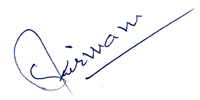
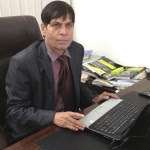 SAS Kirmani
SAS Kirmani


